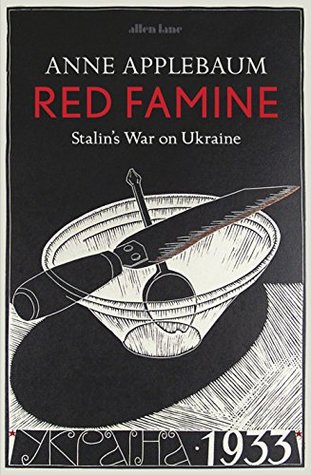More on this book
Community
Kindle Notes & Highlights
At least 5 million people perished of hunger between 1931 and 1934 all across the Soviet Union. Among them were more than 3.9 million Ukrainians.
Taken together, these two policies – the Holodomor in the winter and spring of 1933 and the repression of the Ukrainian intellectual and political class in the months that followed – brought about the Sovietization of Ukraine, the destruction of the Ukrainian national idea, and the neutering of any Ukrainian challenge to Soviet unity. Raphael Lemkin, the Polish-Jewish lawyer who invented the word ‘genocide’, spoke of Ukraine in this era as the ‘classic example’ of his concept: ‘It is a case of genocide, of destruction, not of individuals only, but of a culture and a nation.’
But it was insufficient: the spread of national consciousness, foreign recognition and even the Brest-Litovsk treaty were not enough to build the Ukrainian state. The Central Rada’s proposed reforms – especially its plans to take land from estate owners without compensation – brought about confusion and chaos in the countryside. The public parades, the flags and the freedom that Hrushevsky and his followers greeted with so much optimism in the spring of 1917 did not lead to the creation of a functioning bureaucracy, a public administration to enforce its reforms or an army effective enough to
...more
Ominously, Lenin also suspected that many farmers of small-holdings, because they owned property, actually thought like capitalist smallholders. This explained why ‘not all small peasants join the ranks of fighters for socialism’.34 This idea – that the smallest landowners, later called kulaks, were a fundamentally counter-revolutionary, capitalist force – would have great consequences some years later.
Launched in Russia in 1918 and brought to Ukraine after the second Bolshevik invasion in early 1919, War Communism meant the militarization of all economic relationships. In the countryside, the system was very simple: take control of grain, at gunpoint, and then redistribute it to soldiers, factory workers, party members and others deemed ‘essential’ by the state.


